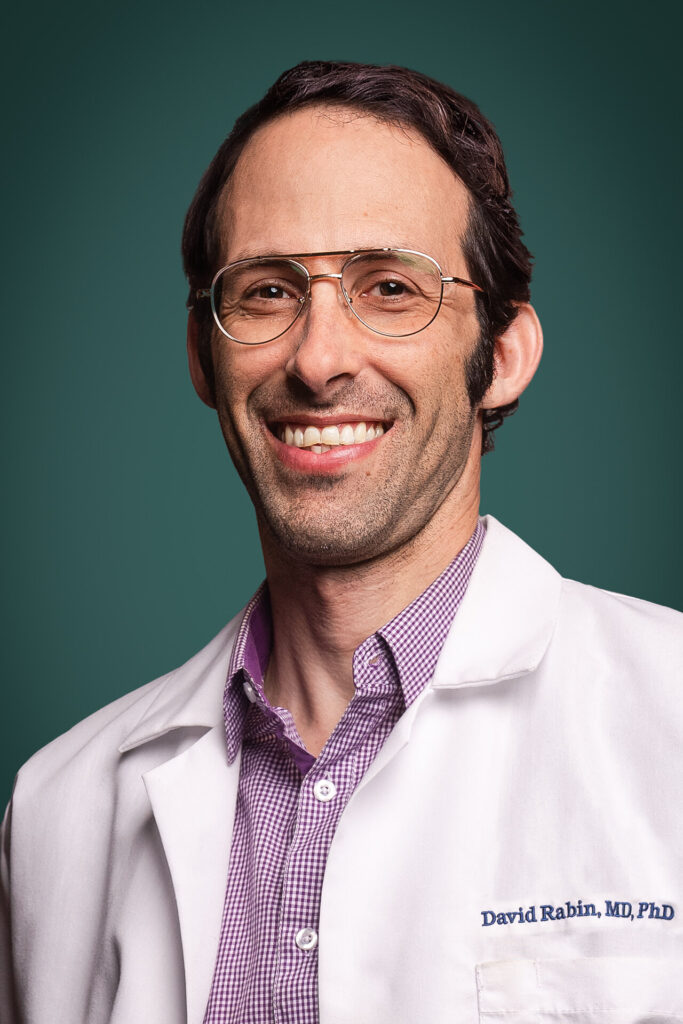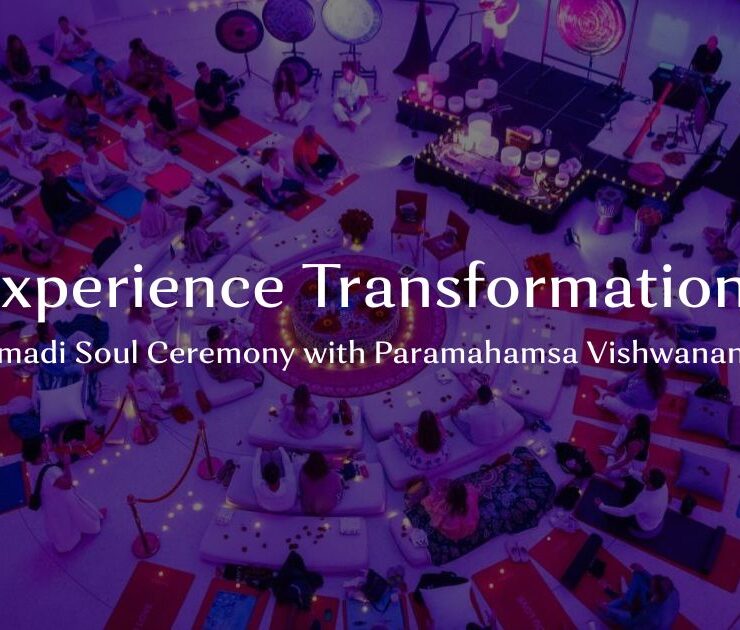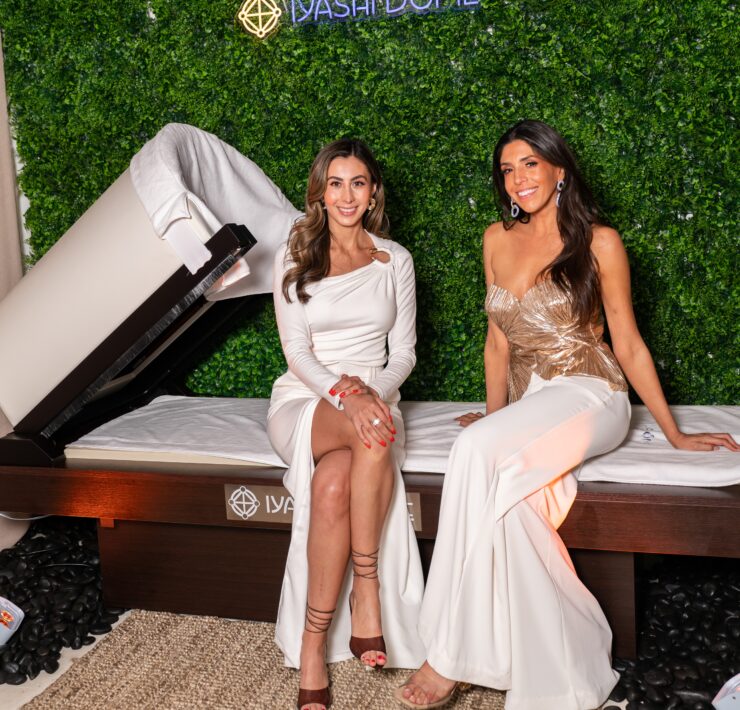Apollo Neuro: The Wearable for Calm and Therapeutic Rest
Reed Berglund is a passionate advocate for wellness and an…
In the burgeoning field of health technology, it’s rare to find innovations that promise to redefine our daily wellness routines. This is the mission at the heart of Apollo Neuro, a company that stands at the intersection of neuroscience and holistic health, spearheading the development of wearable technology that actively improves our well-being. As co-founder, Dr. Dave Rabin merges his extensive expertise in mental health and translational medicine to pioneer devices that offer the therapeutic benefits of touch therapy.

Credit: https://www.drdave.io
Recently I had the privilege of meeting with Dr. Rabin at the Wonderland Conference in Miami. This leading B2B conference is renowned for gathering the brightest minds in psychedelics, mental health, and longevity to share groundbreaking insights. Among these visionary entrepreneurs, Dr. Rabin stands out with his commitment to enhancing human resilience through innovation.
Our interest in Apollo Neuro is more than journalistic curiosity. On a personal note, my partner has been using Apollo’s wearable for his son, who battles with PANS (Pediatric Acute-onset Neuropsychiatric Syndrome), a condition that presents complex challenges to a child’s nervous system. The device has offered a sense of calm and stability that has been transformative. It’s this profound impact that underscores the importance of Dr. Rabin’s work and Apollo Neuro’s potential to change lives.
The Science of Calm with Apollo Neuro
At the core of Apollo Neuro’s innovation is a profound comprehension of the body’s response to touch — a principle that is elegantly encapsulated in their wearable technology. The device harnesses the power of touch therapy, leveraging gentle, soothing vibrations that mimic the sensation of a reassuring touch, much like a hug. This is where science transcends into a tangible experience of tranquility, as the device’s rhythmic patterns engage with our sense of touch to signal safety to the brain, facilitating a natural calmness.

During our conversation, Dr. Rabin described the sensation of wearing the device: “The skin is not just a barrier, it’s a gateway to the mind,” he explained. Dr. Rabin delved deeper into the neurological underpinnings, “These haptic signals are a language the nervous system understands, much like a lullaby to a child or a comforting embrace, it speaks directly to our instinctual need for safety and belonging.”
The Apollo Neuro technology is grounded in years of research into the stress response. Dr. Rabin remarked on the importance of creating a sense of safety for the body and mind: “In a state of constant alert, our capacity for rest is compromised. Apollo’s goal is to disrupt this cycle, to offer a tool for the body to remember what true relaxation feels like.” He referenced studies on PTSD in veterans, noting, “They struggle to find peace because their bodies are stuck in fight-or-flight mode. Apollo aims to bridge that gap, to remind the nervous system that it’s safe to let go.”
As Dr. Rabin shared during the interview, “Learning to feel safe and calm is not just about mental health, but about cognitive freedom.” This philosophy is at the heart of Apollo Neuro’s approach — to foster an environment where the mind is free to focus, learn, and thrive, unencumbered by the physiological barriers of stress.
Dr. Dave Rabin’s Journey to Apollo Neuro
Dr. Rabin, a psychiatrist and neuroscientist, has always been captivated by the human brain’s remarkable capacity for learning, a passion kindled by his father’s own love for education. “My father’s dedication to learning ignited my curiosity,” Dr. Rabin shared. “He introduced me to the pioneering work of Eric Kandel, which became a bedrock for my own research.”
Eric Kandel’s seminal research into how memory is formed and stored in nerve cells won him a Nobel Prize and reshaped our understanding of learning. His insights into the synaptic changes that occur in our brains during the learning process resonated with Dr. Rabin, who saw potential applications beyond academia. “Kandel’s discoveries about the plasticity of the brain were revolutionary,” Dr. Rabin reflected. “They suggested that if we could understand and influence these neural pathways, we could potentially enhance our ability to learn and recover from stress.”
This intersection of memory, learning, and the brain’s adaptability laid the groundwork for Dr. Rabin’s exploration into how to apply these concepts to improve mental health and well-being. The journey that began with a father’s inspiration and a Nobel laureate’s research culminated in the creation of Apollo Neuro, a device designed not just to monitor health but to actively enhance it, embodying Dr. Rabin’s lifelong commitment to understanding and nurturing the mind’s potential.
The Problem with Sleep
The pursuit of quality sleep is often undermined not by the difficulty of slipping into its initial embrace, but rather by the struggle to remain there. This elusive quest for uninterrupted slumber is more than a mere inconvenience; it’s a barrier to the body’s ability to heal, the mind’s ability to process and store new information, and ultimately, our freedom to learn and grow. Disrupted sleep patterns don’t just steal rest; they rob individuals of their full cognitive potential, leaving mood and mental clarity as casualties in their wake.
This challenge resonates deeply with Dr. Dave Rabin’s journey and his foundational belief that learning is the essence of freedom. Drawing from the teachings that shaped him, influenced by his father’s passion and Kandel’s research, Dr. Rabin understands that without the cornerstone of consistent sleep, the architecture of learning is compromised. In this light, Apollo Neuro’s device doesn’t just seek to soothe us into sleep but to sustain it, thereby nurturing the brain’s intrinsic capacity for learning.
Apollo Neuro addresses this pervasive sleep challenge with a novel approach. Their wearable device doesn’t just passively track sleep; it plays an active role in promoting sustained, quality rest. The device is engineered to recognize the physiological signals that precede a potential awakening. Before these disturbances can interrupt the sleeper, Apollo Neuro responds with subtle, calming vibrations designed to lull the wearer back into deep sleep.
Evidence of Efficacy Behind Apollo Neuro’s Product
In my conversation with Dr. Dave Rabin, he shared the promising findings from a comprehensive three-year study conducted in partnership with OURA. This study meticulously tracked the sleep patterns of over a thousand participants, before and after introducing the Apollo device into their routine. The data revealed a striking enhancement in the quality of sleep, with a notable increase in REM sleep by 20-40% among the participants.
Dr. Rabin’s eyes lit up as he recounted the stories of individuals who have found solace in their sleep with Apollo. “We’ve seen remarkable transformations in our users,” he said. “People who had given up on getting a good night’s sleep are now not only resting better but living better.” He shared a particularly moving testimonial from a user who expressed that the Apollo wearable had brought a sense of tranquility to their bedtime routine that had been absent for years.
These insights from our discussion underscored the dual impact of Apollo’s wearable: clinically significant improvements in sleep architecture and testimonials from users about their enhanced ability to manage stress.
Closing Thoughts about Apollo Neuro
As our conversation came to a close and I parted ways with Dr. Dave Rabin, the resonating hum of the Apollo wearable lingered, both physically and metaphorically. While my brief encounter with “The Hug” was too fleeting to personally attest to its long-term benefits, the steady vibrations offered a glimpse into the calming embrace it promises. The device’s potential to ease the troubled sleeper into a night of deep, uninterrupted rest, to offer a reprieve to the stress-laden, and to open the door to cognitive freedom through better sleep is certainly promising.
I plan to do a 30-day journey to explore its impacts firsthand. This trial will serve as a practical follow-up to our dialogue, offering personal insights into the wearable’s effectiveness over a sustained period.
For those who find the promise of better sleep and stress management compelling, Apollo Neuro’s wearable might just be the companion you need. I invite our community to stay tuned for a detailed account of my experience.
If you would like to join me for the 30-day journey, join the waitlist today.
Reed Berglund is a passionate advocate for wellness and an embodiment of the active lifestyle. As a former college athlete who played basketball for the UNLV Running Rebels, he's lived a life deeply immersed in body movement and sports. Reed's enthusiasm for staying active extends far beyond the basketball court. He's an avid surfer, wakeboarder, skier, basketball and tennis enthusiast, and an emerging padel player. His love for holistic well-being also includes a dedication to cold plunges and contrast therapy, embracing these practices to optimize recovery and vitality. In his role as the founder of Breathe, Reed brings his extensive experience in wellness and his unwavering commitment to helping individuals discover their path to a healthier, more mindful life. His personal journey and multifaceted fitness background inspire his vision for Breathe as a platform that empowers urban dwellers to explore, experience, and embrace well-being in all its forms. Reed's current focus lies in the realm of flexibility, a key component in his fitness journey to extend the longevity of his active lifestyle. Through Breathe, he aims to share his passion, knowledge, and insights with a vibrant community of wellness enthusiasts, experts, and storytellers, collectively working toward a healthier and happier world.







